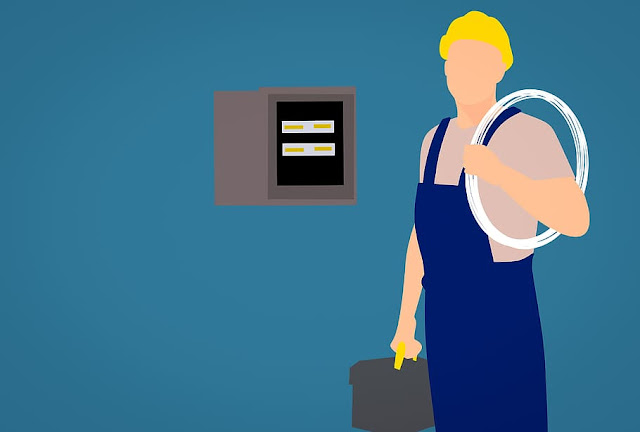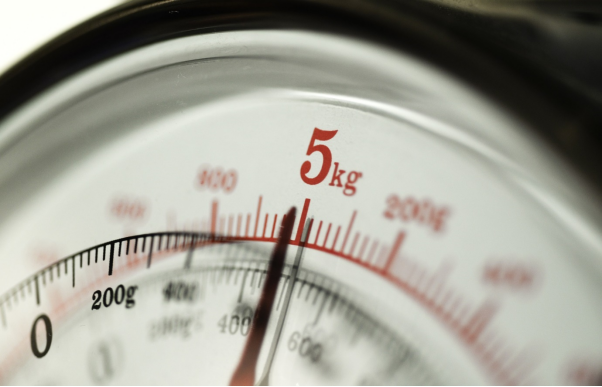Common Reasons for Pressure Gauge Failures
Pressure gauges can put you under a lot of pressure if you don’t pay due attention to their maintenance. One of the most common problems that you’re likely to deal with is pressure gauge failure.
Most people don’t consider the pressure gauge as something that could lead to accidents, but the truth is far from that. Broken and damaged pressure gauges are often the culprit behind several issues in plants.
Why Pressure Gauges Need Your Attention
You probably know that the job of a pressure gauge is to calculate fluid pressure. But there’s more to pressure gauges than that.
A malfunctioning pressure gauge will take away your ability to address problems, simply because you won’t be able to tell that there is a problem. As a result, safety is compromised. These malfunctions are usually caused by leaks, emissions, explosions, and fires.
Even if the calamity is minor, it can end up injuring an employee. This means you lose manpower and could potentially land you in a lawsuit for workplace injuries. Moreover, leaks require staff to fix them, which wastes their—and your—time even further.
All of these unforeseen problems can be prevented if you know what causes pressure gauge failures.
Vibration
Many instruments on a rig vibrate. That’s a normal process. It’s excessive vibrations that you need to guard yourself against. Vibration that aren’t normal indicate that something’s off with the gauge. Try going with a gauge that can resist vibrations, such as gauges with only one moving part.
Pulsation
Any medium that revolves rapidly can cause erratic movements in gauge pointers, which eventually cause internal parts to break. The trick is to install either liquid-filled cases or restrictors on your standard gauge.
Temperature
High temperatures cause metal joints to loosen, and cracking happens as a result. Go for a welded diaphragm or add to a cooling element to avoid this from happening.
Corrosion
Process plants contain a lot of corrosive elements and media. These, of course, cause the sensing materials in pressure gauges to become damaged. Diaphragm seals can prevent this mishap by acting as an anti-corrosion buffer.
Mishandling
This one goes without saying, but yes, even the most properly installed pressure gauges will get damaged—and prematurely damaged at that—if they’re mishandled.
The only way to counter this is to make sure that your staff is well-acquainted and well-trained in handling the equipment. Not only will that ensure the longevity of your gauges, but it will also keep them safe and away from mishaps.
Looking for Gauges?
If you’ve been looking for gauges, check out Contact Instruments today. An online oilfield instrumentation products provider, Contact Instruments stocks everything, from mud gauges to pressure gauges and more. You can also give them a call at 780-955-8998 to inquire more about the products they store.





Comments
Post a Comment